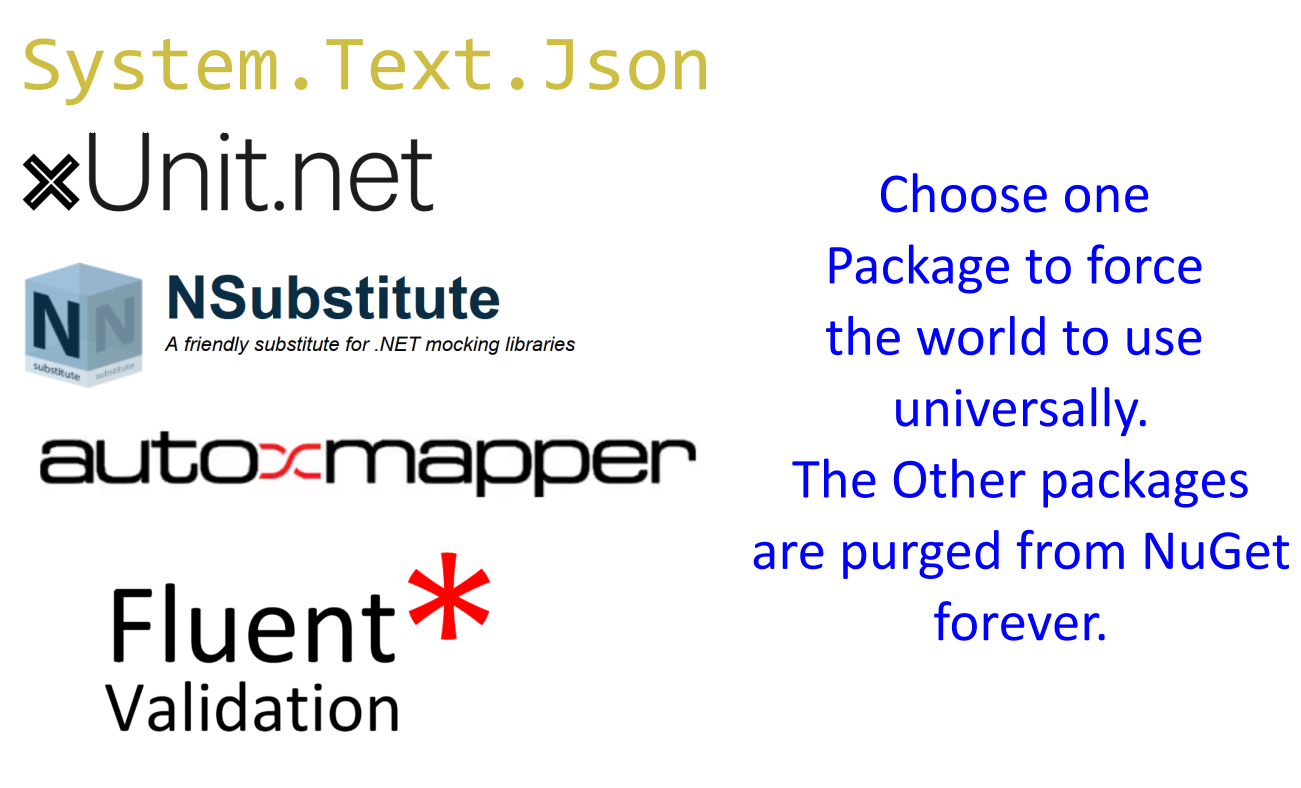Sorry, it was not my intention to be vague. I admit to not having a complete implementation in mind. My point is that linking each log as a block in a chain with hashes forces an order that is more difficult to tamper with than a timestamp or auto incremented integer id. You have to alter more data to inject or purge records from a chain than you would with a table of timestamped records. I admit I can't make my case better than that.
As for the simplicity factor. I think your suggestion of serving logs to peers from a server like an RSS feed is a fine solution.
But I can setup a MultiChain instance In a few hours and start issuing tokens. I can send the same link out to my peers and auditors for them to connect and propagate the shared state. The community can shrink and grow without the members having to change anything. Now it's mostly a hands off venture that scales relatively well. I'm an okay programmer but to coordinate an effort to build, test and verify a system to do the same with RSS feeds across multiple companies would take me months. Something like MultiChain or HyperLedger is comparatively turnkey.
I'm not here to say this is the best way to do it. I'm just saying there's some merit to leveraging these technologies.
If you ask me, audit logs should just be posted to Twitter, the only true write-only database.





Sorry, I didn't mean to be dismissive. I wholeheartedly agree with you. What I meant was that it's a shame I, as an engineer in the year 2023, would have a hard time pitching a blockchain solution to a non-crypto problem to paying customers no matter how fitting the solution might be. I don't think that's very disputable. Now this attitude is entirely driven by the last decade of unsubstantiated crypto hype and associated bad faith actors. It has nothing to do with the technology as it is.